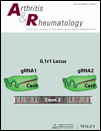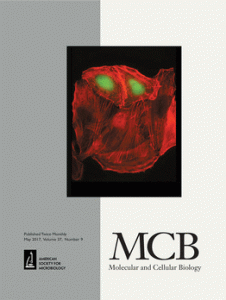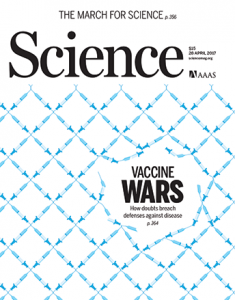 A top federal U.S. court has confirmed a decision by the National Science Foundation (NSF) to deny federal whistleblower protection to an ecologist who was fired after accusing a colleague of fraud.
A top federal U.S. court has confirmed a decision by the National Science Foundation (NSF) to deny federal whistleblower protection to an ecologist who was fired after accusing a colleague of fraud.
After initially forcing NSF to more clearly explain its decision, the Denver-based U.S. Court of Appeals for the 10th Circuit has agreed with the conclusions of NSF’s updated investigation, denying former Kansas State University researcher Joseph Craine’s appeal.
Attorney Paul Thaler, who has handled cases involving scientific misconduct (but was not involved with this one), told Retraction Watch that the latest decision appears to be the end of a cautionary tale of how not to report misconduct.
Continue reading Ecologist loses appeal for whistleblower protection
 It takes a lot of work to clean up the scientific literature, and some researchers and organizations deserve special recognition. That’s why we’ve established a “
It takes a lot of work to clean up the scientific literature, and some researchers and organizations deserve special recognition. That’s why we’ve established a “

 Despite continuing to vigorously defend their work, the authors of a controversial paper about the effects of human pollution
Despite continuing to vigorously defend their work, the authors of a controversial paper about the effects of human pollution  A diabetes researcher who once sued a publisher to prevent several retractions has just issued his 12th.
A diabetes researcher who once sued a publisher to prevent several retractions has just issued his 12th. PLOS ONE has
PLOS ONE has 


